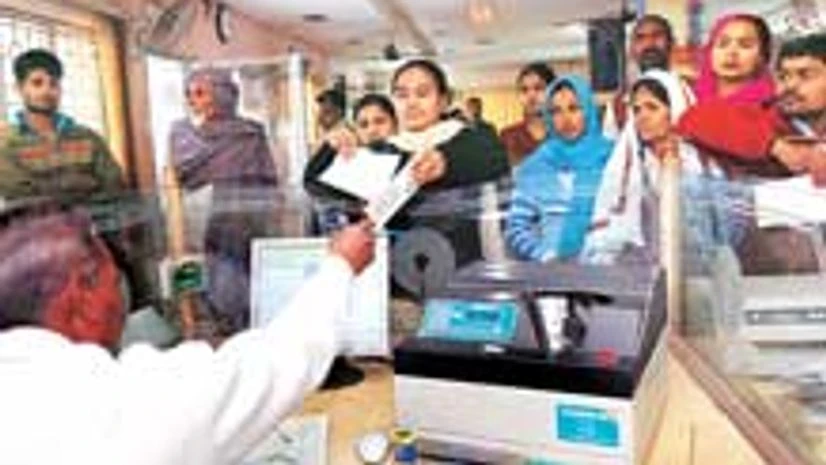The wait might get longer for corporate groups, keen on acquiring a bank licence. This follows the latest view that until the ongoing process of revamping the existing banking supervisory system is completed, it might not be wise to allow business groups to acquire bank licences.
Besides, a new set of guidelines are likely to be framed for the next round of evaluation of applications for bank licences and these might reflect two primary concerns - one arising out of the different forms of banking services needed for greater financial inclusion and the other from the entry of corporate groups into banking. The formation of new guidelines could take some time and further delay the entry of business houses into banking.
Earlier this month, the Reserve Bank of India (RBI) had given an in-principle approval to IDFC and Bandhan, selecting only two of 25 applications the central bank had received for grant of new bank licences.
More From This Section
Though the idea of granting bank licences to corporate groups has not been ruled out, a cautious approach will continue to influence the decision making process in this area. The new government that is to be formed next month will also have to be consulted by the banking regulator before a final view on new bank licences for the corporate sector is taken.
Another area of concern in the financial sector is the need for capitalising the banking sector to maintain the prudential norms in keeping with the Basel-III recommendations.
According to estimates, the capital requirement for the public sector banks would be as large as Rs 8 lakh crore by March 2018, assuming 20 per cent average growth in their risk-weighted assets. The additional capital requirement would be lower at Rs 5 lakh crore, if 15 per cent average annual growth in their risk-weighted assets is assumed.

)
